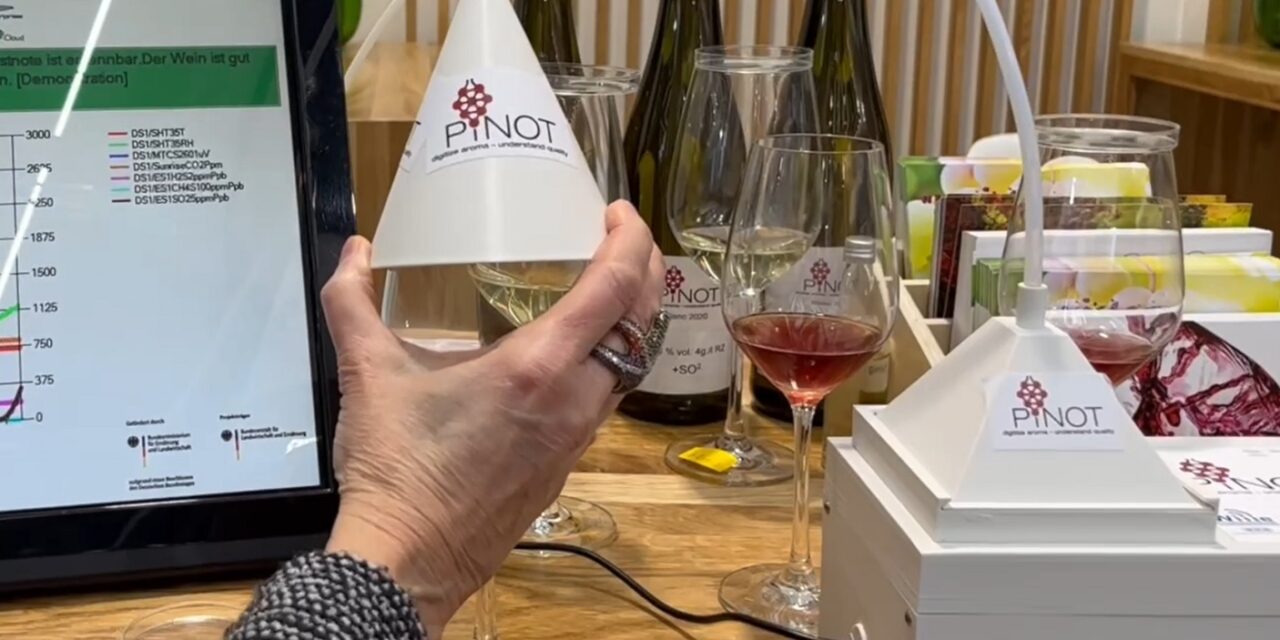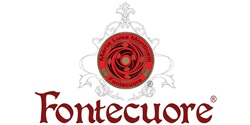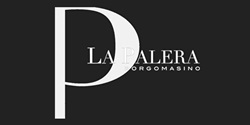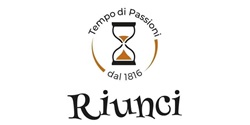In recent months, artificial intelligence and its applications have been the primary focus, with the wine industry also experiencing ongoing advancements and research efforts.
PINOT: Project for Advancing Artificial Intelligence in Enological Technology.
NEUSTADT – Project PINOT, presented at ProWein 2023 in Düsseldorf, focuses on revolutionizing enological technology through the incorporation of artificial intelligence. The initiative began with experiments at Umwelt-Campus Birkenfeld, where machine learning algorithms were combined with sensors designed to detect volatile organic compounds. These experiments highlighted the potential for AI to significantly impact the wine industry.
To further develop and implement AI in winemaking, a consortium was established, consisting of Weincampus DLR Neustadt, Fraunhofer Institute for Integrated Circuits, Wille Engineering, Lergenmüller winery, and Vineyard Cloud. The consortium’s primary objective is to create practical, user-friendly, and cost-effective AI-assisted wine aroma analysis technology for widespread use by winemakers, sommeliers, and wine merchants.
The PINOT project has two main applications: first, it aims to assist winemakers by providing real-time monitoring of fermentation and aging processes. This system will offer early warnings of potential off-flavors by detecting substances such as hydrogen sulfide, acetic acid, and acetaldehyde at low concentrations. Second, the project seeks to develop a system for analyzing bottled wine that converts sensor signals into textual descriptions of aroma using traditional human sensory evaluation vocabulary.
A key aspect of the project is the exploration of creating an aroma “fingerprint” by sensing volatile substances and processing the resulting signals with AI. This approach aims to bridge the gap between sensory perception and chemical analysis, allowing for a more accurate understanding of wine aromas.
The PINOT project focuses on human olfactory perception, using AI algorithms to predict aroma perception based on sensor signals. By constructing a database with reference wines that undergo chemical analysis, sensory evaluation, and fingerprinting by a sensor system, the AI algorithms can be trained to optimize the design and operation of sensor systems, ultimately improving the prediction of wine aroma.
Will the successful implementation of AI in the PINOT project open new possibilities for the wine production and trade industries, enhancing both quality and efficiency in winemaking processes?
Time will tell us.










